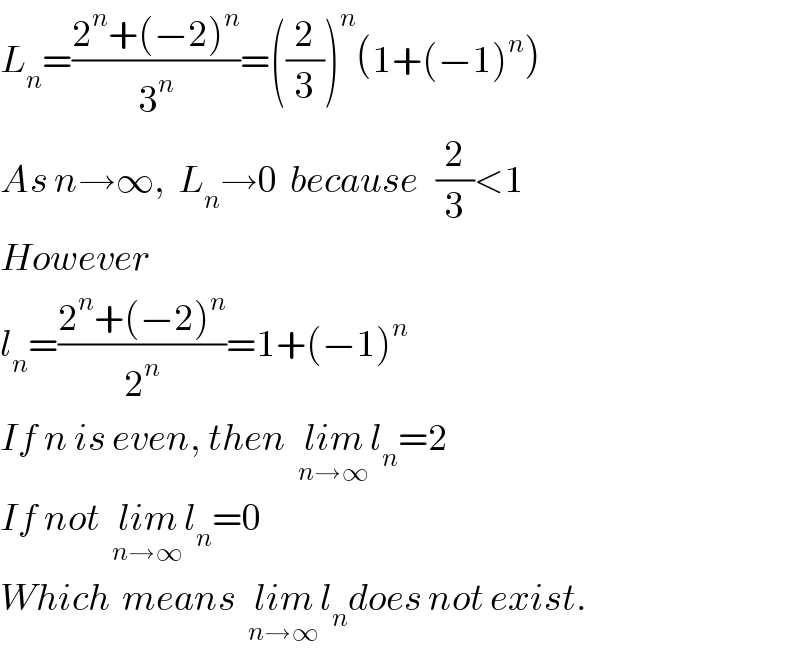
Question and Answers Forum
Question Number 57957 by rahul 19 last updated on 15/Apr/19

Commented by Smail last updated on 15/Apr/19

Commented by rahul 19 last updated on 16/Apr/19

| ||
Question and Answers Forum | ||
Question Number 57957 by rahul 19 last updated on 15/Apr/19 | ||
 | ||
Commented by Smail last updated on 15/Apr/19 | ||
 | ||
Commented by rahul 19 last updated on 16/Apr/19 | ||
 | ||